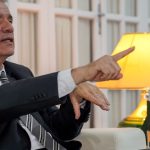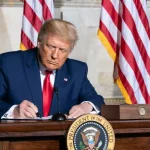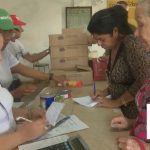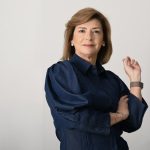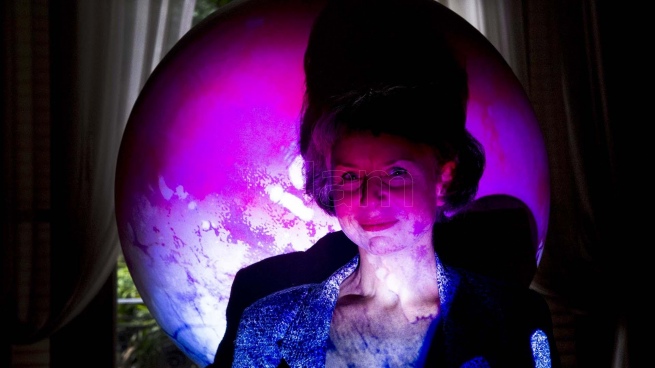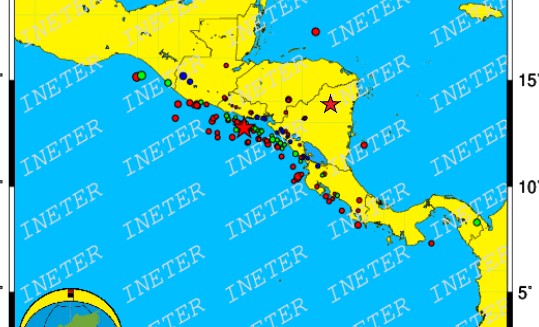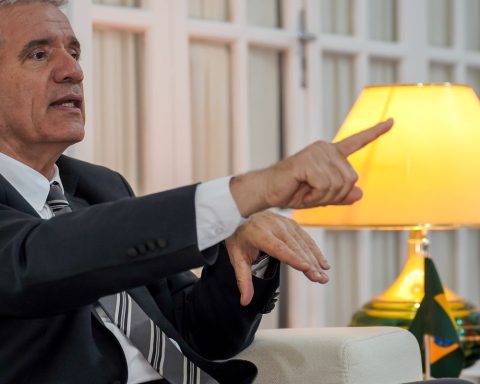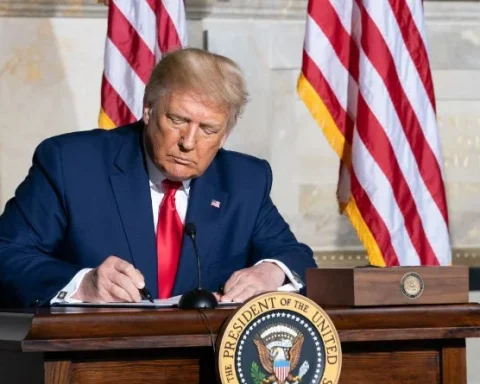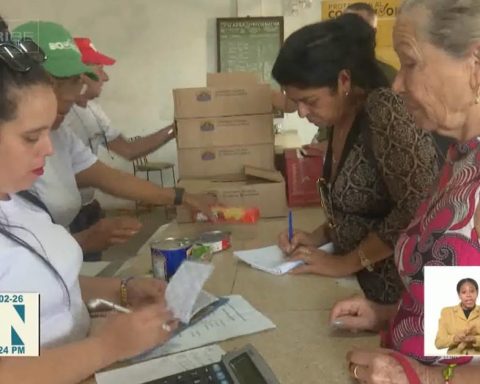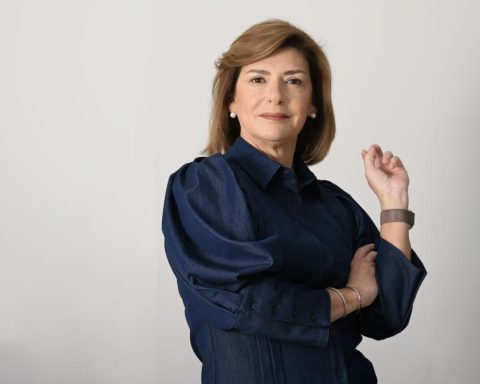A Russian judge on Tuesday sentenced Alexei Navalni to nine years in a “strict regime” penal colony, intensifying pressure against the Kremlin’s main opponent amid Russia’s offensive in Ukraine.
In parallel, the Russian government is reinforcing its legal arsenal to repress any criticism of the government.
The latest example is the approval this Tuesday of a law that provides for significant sanctions to punish “misleading information” about the actions of Russian institutions abroad.
The opponent’s nine-year sentence annuls and replaces the two and a half years that he was already serving and includes the year already served.
The United States condemned this latest ruling, saying it seeks to “squelch” dissenting voices in Russia and “hide” the war in Ukraine.
“The court’s mock ruling is the latest in a series of attempts to silence Navalni,” State Department spokesman Ned Price said.
The European Union (EU) also “firmly” condemned the new sentence and denounced a “politically motivated” verdict.
“We reiterate our call to the Russian authorities for his immediate and unconditional release,” said the head of European diplomacy, Josep Borrell.
Navalni, imprisoned at the beginning of 2021, was sentenced this time for “fraud” and “disrespect” for a magistrate, accusations that he considers political.
Barring an unlikely victory on appeal, he will have to serve his sentence in a “strict regime” penal colony, isolated places with much harsher conditions than in so-called “general” colonies, such as Pokrov, where he is currently imprisoned.
It was in this prison camp, 100 km from Moscow, where the opponent had been on trial since mid-February in a makeshift room.
“Putin is afraid of the truth, I have always said it. The fight against censorship, bringing the truth to the people of Russia, remains our priority,” Nalvani wrote on Twitter after his conviction.
The 45-year-old anti-corruption activist appeared at the hearing on Tuesday dressed as a prisoner and with a gaunt face, accompanied by his lawyers.
After the verdict, the lawyers were briefly detained at the exit of the prison, an AFP journalist at the scene confirmed. Their arrest came after the police told them to leave the street where they were talking to the press.
A hundred journalists were able to see the video transmission of the hearing in a room installed in the penitentiary colony.
Only one supporter of the opposition went to demonstrate outside the prison. “Navalni is a hero … people stay at home, they are afraid,” said Leonid Banionis.
“Embezzlement” and “disrespect”
In the case tried Tuesday, Navalni was accused of embezzling millions of rubles in donations to his anti-corruption organizations and “contempt” of court during an earlier trial.
The opponent assures that these charges were orchestrated by the Kremlin to keep him in prison as long as possible.
Known for his investigations into elite corruption, Navalni has been the target of harsh repression by the authorities for more than two years.
In August 2020, he fell seriously ill in Siberia, the victim of nerve agent poisoning, ordered according to him by the Russian president himself.
The Kremlin denies this, but the Russian authorities have never investigated this alleged assassination attempt.
Upon his return to Russia, in January 2021, after five months of convalescence, he was arrested and sentenced to two and a half years in prison for a 2014 “fraud” case related to the French company Yves Rocher.
In June 2021, his organizations, which had been campaigning across Russia for years, were branded “extremist” and banned, prompting many activists to go into exile to avoid prosecution. Others have been arrested and face harsh prison sentences.
The crackdown in Russia has been accompanied by the banning of the latest media outlets and NGOs critical of the Kremlin.
In this regard, the Russian Supreme Court on Tuesday rejected a request to suspend the dissolution of the NGO Memorial, confirming its dismantling.
From his prison colony, Navalni continues to broadcast messages against Vladimir Putin and the offensive in Ukraine. He too has continued to call demonstrations against the conflict despite the risks involved.
